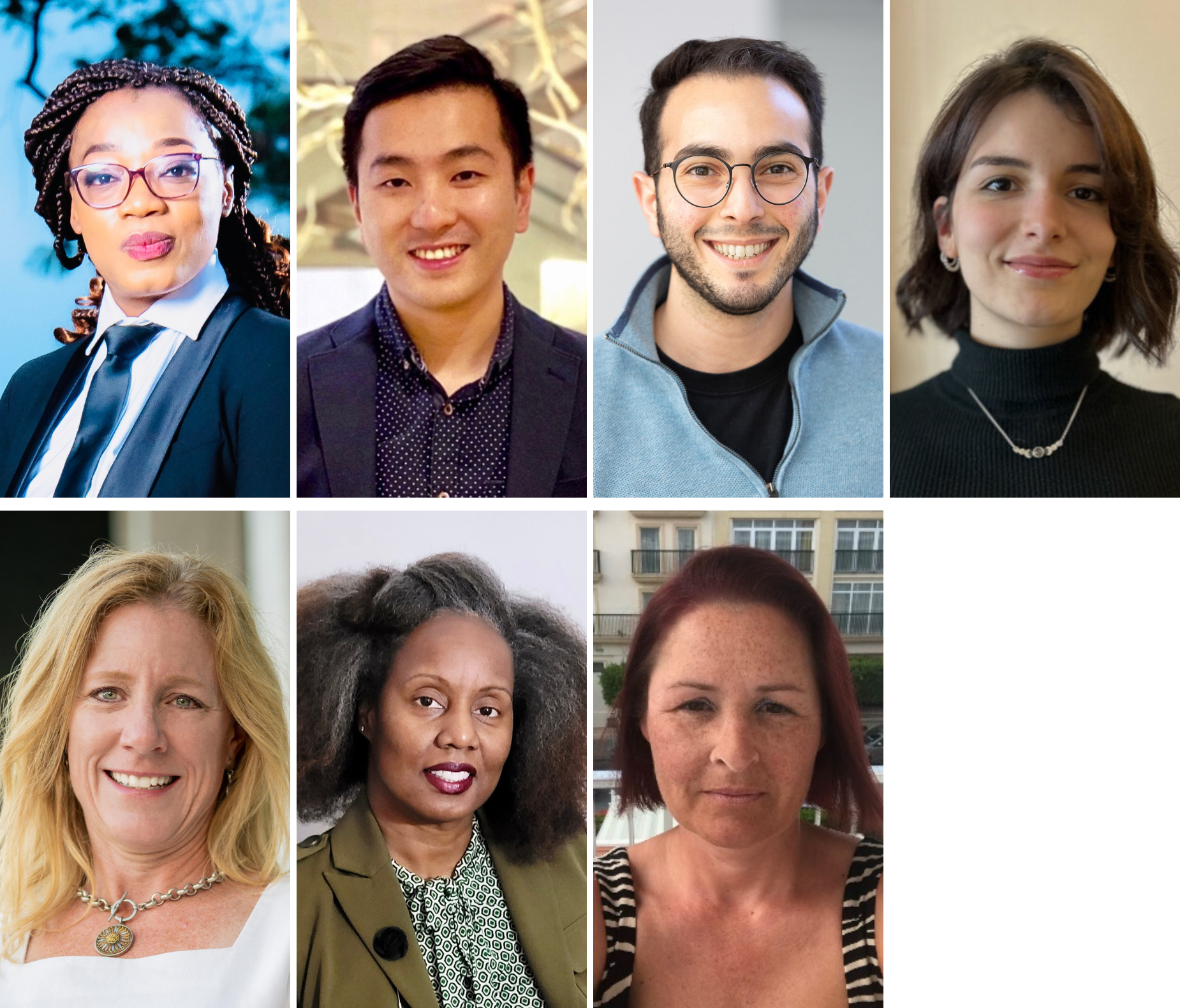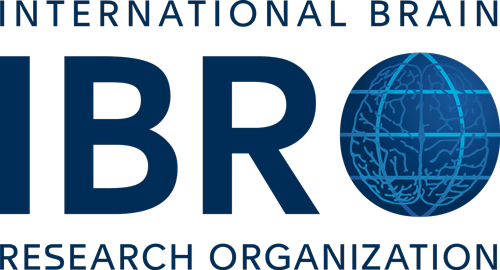This is day 5 of the ALBA Diversity Week (an online festival to celebrate diversity & inclusion in neuroscience).
Register to receive the Zoom link to access the webinar.
Watch the recording of this webinar
This webinar seeks to unravel the - often hidden - disparities that researchers from different parts of the world face due to their socioeconomic and socio-cultural backgrounds. Together with representatives from funders, publishers and societies, we will explore actions and programmes that can break down these barriers.
For those scientists who are pioneers in their family or social circles with no or little financial support, venturing into the academic realm comes with a distinct set of challenges that often remain unspoken.
This webinar is designed to take an inter-regional approach, providing a global perspective on this multifaceted issue and ensuring representation from all regions among the panelists.
Programme
15:00-15:10: Introduction by the Co-chairs
15:10-15:35: PART 1 Testimonials from scientists from low socio-economic backgrounds
15:35-16:00: PART 2 The institutional response: representatives from publishers, organisations, funders will speak to the actions undertaken by their sector and organisations to counter the challenges exposed in part 1.
16:00-16:30: Panel discussion and Q&A with the audience
(times are CEST)
Chairs & Panelists

- Rachael Dangarembizi – Neuroscience Institute, University of Cape Town, South Africa / ALBA Board of Directors & Chair of the Webinars Working Group / Member of the IBRO Africa Regional Committee (ARC) - Co-chair
Dr Dangarembizi's main research interest is neuroimmune responses to fungal infections. Her current research focuses on the inflammatory response to Cryptococcus neoformans infection in the brain. A strong believer in the capability of women in neuroscience, Rachael is actively involved in promoting diversity and capacity building in African neuroscience.
- Jacque Pak Kan Ip - The Chinese University of Hong Kong, Hong Kong SAR, China / ALBA Ambassador & Member of the Webinars Working Group / Member of IBRO Early Career Committee (ECC) - Co-chair
Dr Ip has devoted his research to investigate the mechanisms of synaptic plasticity, and will continue to expand his research focus on how such mechanistic defects result in autism-related disorders through the use of multidisciplinary approaches.
- Tracy Bale - University of Colorado, Anschutz Medical Campus, US / IBRO President
Prof Bale is the Anschutz Foundation Endowed Chair in Women's Integrated Mental and Physical Health at the Ludeman Center and Professor and Director for InterGenerational Stress and Health and the Director for Sex Differences Research in the Department of Psychiatry at the University of Colorado, Anschutz Medical Campus. Her research focuses on the role of stress in neuropsychiatric disease, and the sex differences that underlie disease vulnerability in humans using the mouse as a preclinical model.
- Aitana Grasso Cladera - Institute of Cognitive Science, Universität Osnabrück, Germany
Aitana Grasso Cladera is a graduate clinical psychologist from Diego Portales University, Chile. She specializes and worked in the clinical neuropsychology field, conducting neuropsychological evaluation and rehabilitation processes. Currently, she is pursuing a doctoral degree in cognitive science.
- Sam Palmer, Medical Research Council (MRC), UK Research and Innovation (UKRI), UK / MRC Global Health Programme Manager
Mrs Palmer has been working with the Medical Research Council for 14 years, mainly in grant processing and financial budgeting. Her current interests are global maternal and neonatal health and recently global nutrition.
UKRI MRC funds research at the forefront of science to prevent illness, develop therapies and improve human health in the UK and around the world.
- Gail M. Rodney - Neuroscience, Elsevier, New York, US / Senior Publisher
Gail M. Rodney is a Senior Publisher within the Elsevier Life Sciences & Social Sciences group. She has 25+ years of publishing industry experience with emphasis on scholarly communication and innovation. Her current focus is open science, where she works with researchers, society partners, and peers to find better ways to ensure scientific research is not only more inclusive, collaborative, and transparent, but also accessible to all.
- Ubadah Sabbagh - McGovern Institute for Brain Research at MIT, US
Ubadah Sabbagh is a Postdoctoral Associate and NIH K00 Fellow at the McGovern Institute at MIT, where he studies neural circuits underlying psychiatric and neurodevelopmental disorders. Dr. Sabbagh attended community college before transferring to the University of Missouri–Kansas City, where he earned his bachelor’s degree in biology. He later earned his PhD in Translational Biology, Medicine, and Health at Virginia Tech. Outside of the lab, Dr. Sabbagh is heavily involved in science outreach, advocacy, and policy.
This webinar is part of the ALBA Diversity Week, an online festival to celebrate diversity & inclusion in neuroscience (23-27 October 2023). Have a look at the rest of the week's programme: www.alba.network/week2023
Please note that the webinar will be held in English. There will be written live captions and translation available.
This webinar is part of the ALBA-IBRO global diversity webinars and organised with the support of the International Brain Research Organization, a founding partner of the ALBA Network.

Organisers
A special thanks to the ALBA & IBRO Volunteers who took part in the brain storming sessions: Ramesh Raghupathi, Vidita Vaidya, Emma Yhnell, Chinna Orish, Vasanta Subramanian, Gail Tripp, Aurnab Ghose, Kiki Sidiropoulou, Pike-See Cheah, Chao Ciu-Gwok Guo.
And to the ALBA Webinars Working Group & Office members: Rachael Dangarembizi (Cape Town, SA), Jacque Pak Kan Ip (Hong Kong SAR China), and Mathilde Maughan (ALBA Office, BE)


